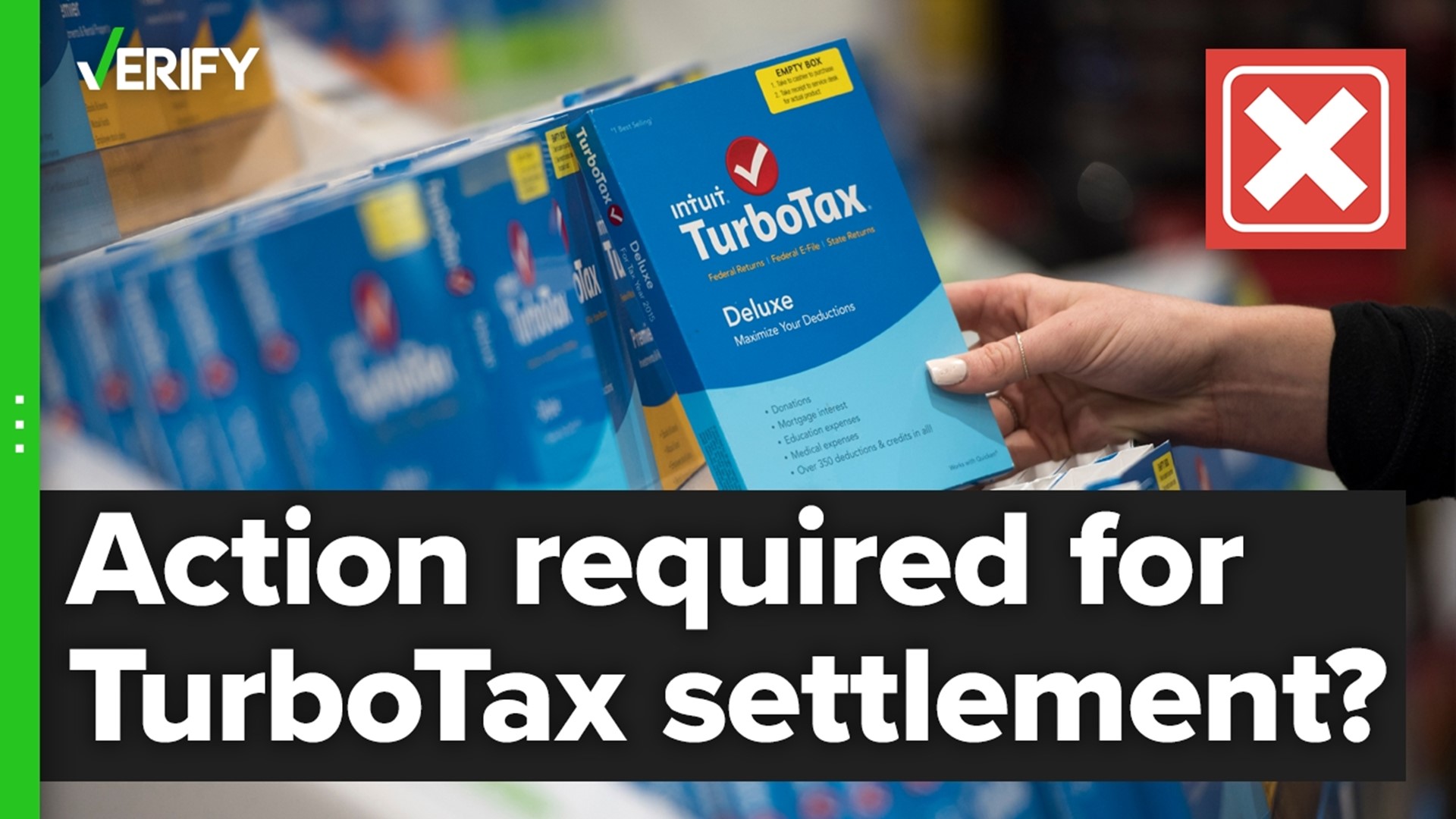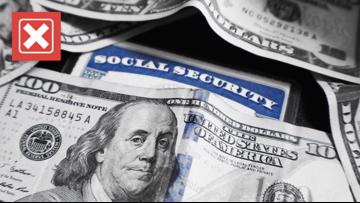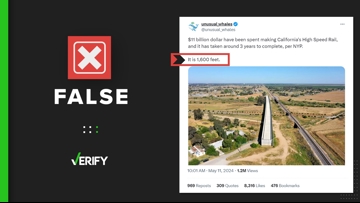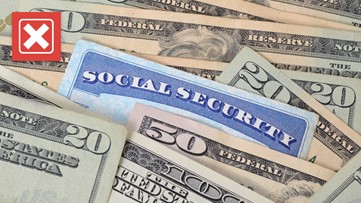UPDATE (5/5/2023): Class action settlement checks for eligible TurboTax customers will be mailed out starting the second week of May and continue to arrive throughout the month. Click here for the latest updates.
Attorneys general for all 50 states and the District of Columbia announced on May 3 they had reached a $141 million settlement with Intuit, the creator of TurboTax, over deceptive practices regarding its free tax filing services.
According to the settlement, TurboTax deceived customers into paying for its premium tax filing service after luring them in with its “freemium” service. TurboTax did not tell customers they were ineligible for the “freemium” service until they completed much of the tax filing process, the settlement alleges. At that point, the program would redirect customers to the premium service, even those who were still eligible for a different free service on TurboTax’s website, according to the settlement.
The settlement requires that TurboTax refund millions of customers who were affected by its marketing practices. That has people searching online for information about the settlement, and how they may be able to make a claim.
THE QUESTION
Do people who qualify have to file a claim to receive money from the TurboTax settlement?
THE SOURCES
THE ANSWER
No, people who qualify don’t have to file a claim to receive money from the TurboTax settlement. Eligible customers should receive checks in the mail.
WHAT WE FOUND
As part of its settlement with all 50 states and the District of Columbia, TurboTax is required to pay qualified customers about $30 for every year they were deceived into paying to file their federal tax return, the Office of New York Attorney General Letitia James said. Qualified customers will automatically receive checks and notices in the mail.
The terms of the settlement require TurboTax pay $141 million in restitution to customers who were told they had to pay to file despite qualifying for the version of TurboTax offered through the IRS Free File program, which the company offered at the time. Anyone making less than $73,000 a year is eligible for free filing through IRS Free File. Eligible customers must have used TurboTax to file for tax years 2016, 2017 or 2018. A “tax year” is the year covered by a person’s tax filing, typically the calendar year before the return is filed.
The Office of Maryland Attorney General Brian Frosh clarified in a press release that customers do not need to do anything to receive their payments. Eligible customers will automatically receive notices and checks by mail — although he did not say when customers would begin to receive them.
A spokesperson for the New York attorney general's office added that Intuit will send affected consumers notices by email, as well.
A settlement website where consumers can check their eligibility has not been established. The settlement stipulates that the parties involved will create such a website.
According to Halimah Elmariah, a spokesperson for the New York attorney general's office, affected consumers can expect to see the payments over the next few months. The website will be set up in the next couple of months, which will provide consumers with more information and provide contact information for questions consumers may have.
Elmariah said that the New York attorney general's website will have a FAQ page for the settlement in the next couple of weeks.
The settlement claims TurboTax offered a commercial product called “TurboTax Free Edition” and aggressively marketed this “freemium” service even though it was only free for about a third of tax filers. Then, after customers had already spent considerable time and submitted extensive amounts of information, TurboTax would inform them that they were ineligible for the “freemium” service, the settlement claims. TurboTax would then direct customers, including Free File eligible customers, to its premium service without first indicating there was a cost-free option.
TurboTax is also required by the settlement to change these marketing practices.
The settlement also claims Intuit hid its IRS Free File service from search engines. Until July 2021, TurboTax was part of the IRS Free File Alliance, a program in which tax preparers provide a totally free filing option to keep the IRS from entering the tax filing marketplace itself.
As many as 70% of Americans qualify to file under IRS Free File, though data shows it’s underutilized. According to a 2019 IRS news release, fewer than 2.5 million taxpayers — less than 2% — used IRS Free File in 2018, with tens of millions of taxpayers eligible for Free File instead purchasing tax filing software or services. The IRS identified a lack of marketing budget and a confusing website among the reasons for its lack of use.
The Attorneys General said they began their investigation into TurboTax following a 2019 report by ProPublica, which documented TurboTax’s efforts to get customers eligible for free services to pay for tax filing. The Federal Trade Commission (FTC) sued Intuit for these same practices in March.
Intuit responded to the settlement in a press release from May 4. In it, the company said it “admitted no wrongdoing” as part of the agreement and agreed to pay the settlement “to put this matter behind it.”
The company also said that the FTC’s lawsuit against it is ongoing.
“We believe this settlement with the state attorneys general and the District of Columbia also addresses the issues at the core of the FTC litigation, making that lawsuit entirely unnecessary,” said Kerry McLean, Intuit’s executive vice president and general counsel in the press release. “Nevertheless, we are fully prepared to litigate with the FTC to prove the merits of our case,” added McLean.”
In the press release, Intuit said it delivered over 17 million free tax filings last tax season, which it said was the most in the industry and “multiple times more than the IRS Free File program.”
More from VERIFY: Yes, you can file your taxes for free












